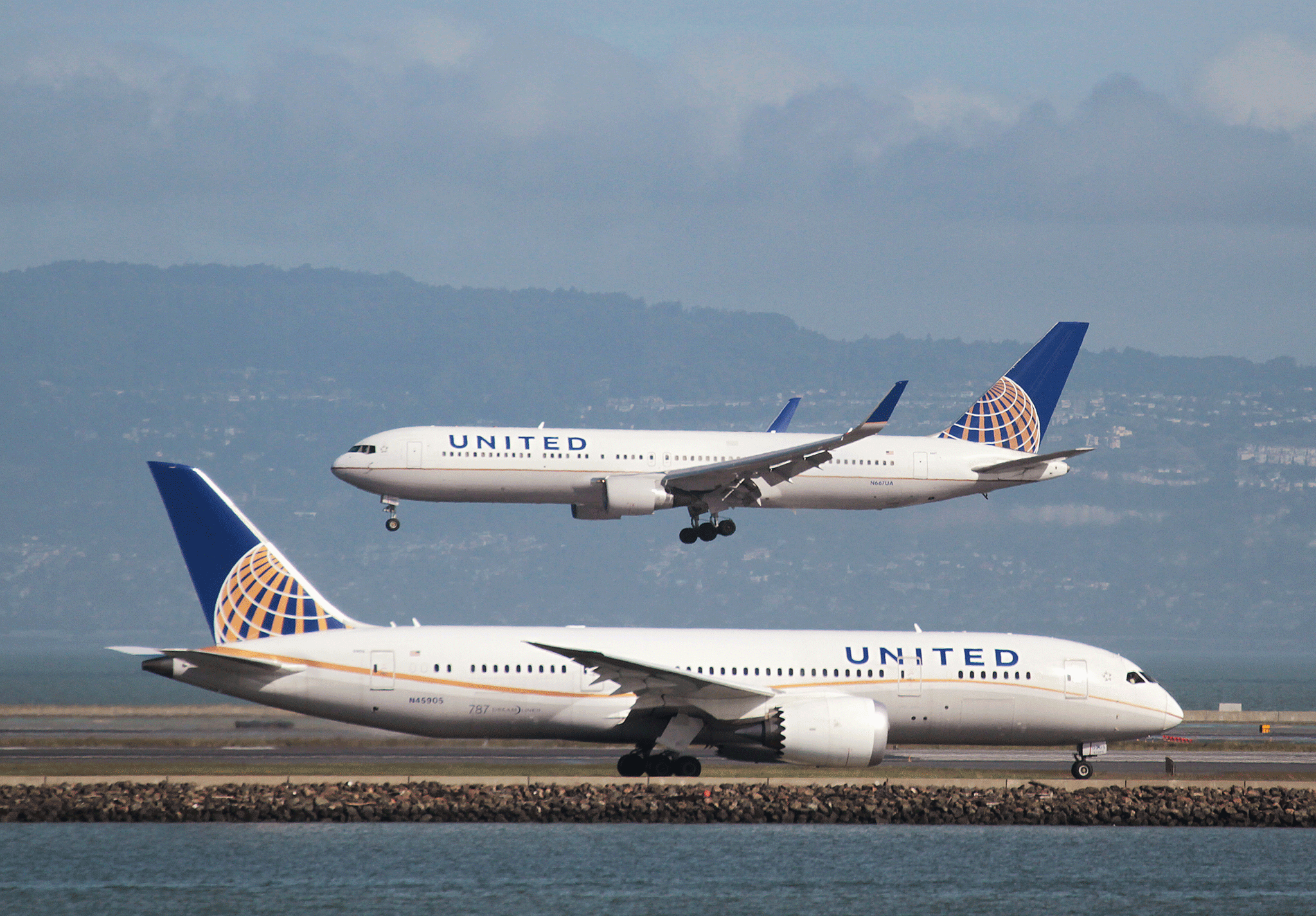The Independent's journalism is supported by our readers. When you purchase through links on our site, we may earn commission.
United Airlines overbooking: How much money would it take for you to miss a flight?
The Man Who Pays His Way: As United begins its overbooking charm offensive, how good is the airline's plan to avoid a repeat of the appalling scenes in Chicago?

Your support helps us to tell the story
From reproductive rights to climate change to Big Tech, The Independent is on the ground when the story is developing. Whether it's investigating the financials of Elon Musk's pro-Trump PAC or producing our latest documentary, 'The A Word', which shines a light on the American women fighting for reproductive rights, we know how important it is to parse out the facts from the messaging.
At such a critical moment in US history, we need reporters on the ground. Your donation allows us to keep sending journalists to speak to both sides of the story.
The Independent is trusted by Americans across the entire political spectrum. And unlike many other quality news outlets, we choose not to lock Americans out of our reporting and analysis with paywalls. We believe quality journalism should be available to everyone, paid for by those who can afford it.
Your support makes all the difference.“United to pay passengers thousands to give up seats” is just one headline that heralds changes at one of the world’s top three airlines.
A panel on the front page of United's website is marked “Actions speak louder than words”. Click on it, and you learn that the airline is “making changes to ensure that we always put customers first”.
A cynical traveller might wonder what United’s top priority has been until now, if it wasn’t putting travellers first?
In case you have been living in a cave throughout April, the airline gives a brief reminder about why the charm offensive is taking place now: “Earlier this month we disappointed our customers and ourselves when a passenger was forcibly removed from one of our planes,” the airline says – a reference to the dreadful incident at Chicago airport when Dr David Dao was dragged brutally from his paid-for seat on a plane to Louisville.
“We can never say we are sorry enough for what occurred, but we also know meaningful actions will speak louder than words.
“Today marks the first step in changing how we fly, serve and respect our customers.”
The line seized upon by the media is an increase in “incentives for voluntary denied boarding up to $10,000.”
So should you book a United ticket for the chance that you will be invited to accept the equivalent of £8,000 simply for agreeing to travel on a later flight? No. Such a figure might, once or twice a year, be paid out to premium travellers when (for example) a Friday-night trans-Pacific service intended to be operated by a Boeing 777-300 is downsized to a smaller plane with 10 fewer business-class seats. To persuade someone holding a $5,000 return ticket between San Francisco and Tokyo to give up their seat might cost twice what they paid. But you and I in the cheap seats can expect offers to remain in the hundreds, rather than thousands of dollars.
United’s sensible move is designed to empower its airport staff to do the right thing: in a high-pressure pre-departure environment, throw money at the problem until it goes away, on the reasonable basis that everyone has a price.
Had the carrier offered its Chicago staff a bit of flexibility to raise the “bump offer” in the first place, in excess of $1,000, someone would surely have willingly walked from the Louisville flight.
Regrettably, Britain’s easyJet shows no sign of flexibility in payments for volunteers. On short flights (up to 1,500km, roughly London-Alicante), the rate is €200 (£170); on longer sectors, €300. The airline doesn’t even offer as much as the stipulated compensation it has to hand passengers it turns away. Surely giving €250 or €400 (the EU-mandated amounts) to someone who’s happy to postpone their trip is better than paying the same sum to someone unwilling to stay behind?
The most forward-thinking line in United’s statement is: “Create an automated system for soliciting volunteers to change travel plans.” As the airline is painfully aware from all the footage shown on social media, almost every passenger has a smartphone these days. I infer the new plan is as follows: when it looks as though a particular overbooked flight will “blow”, send out messages to everyone booked on the plane to assess their price for remaining behind. The passenger can tap on a range of options, from $200 to $1,000, or “not interested, thanks”. The airline will soon know the “sweet spot” – the figure it must offer to get the required number of offloads. In return, though, the passenger must follow through, and not change his or her mind.
United also vows to “reduce the amount of overbooking”, but has no intention of abandoning the practice. Buried in its Contract of Carriage is a reminder that: “All of UA’s flights are subject to overbooking which could result in UA’s inability to provide previously confirmed reserved space for a given flight or for the class of service reserved.”
Join our commenting forum
Join thought-provoking conversations, follow other Independent readers and see their replies
Comments